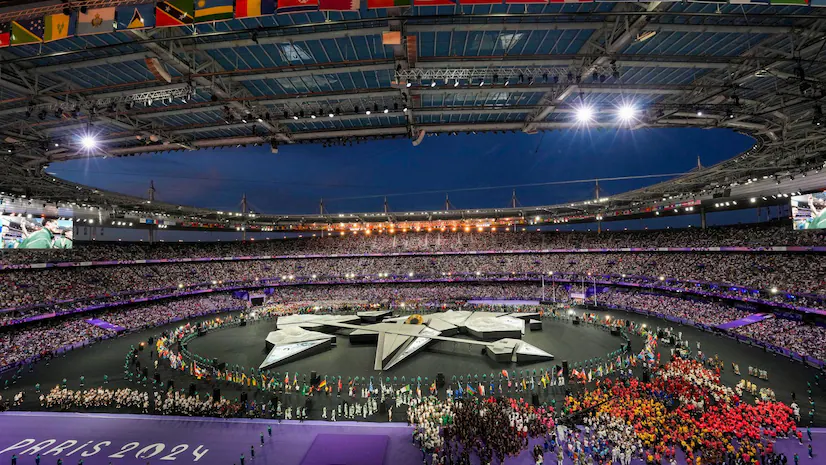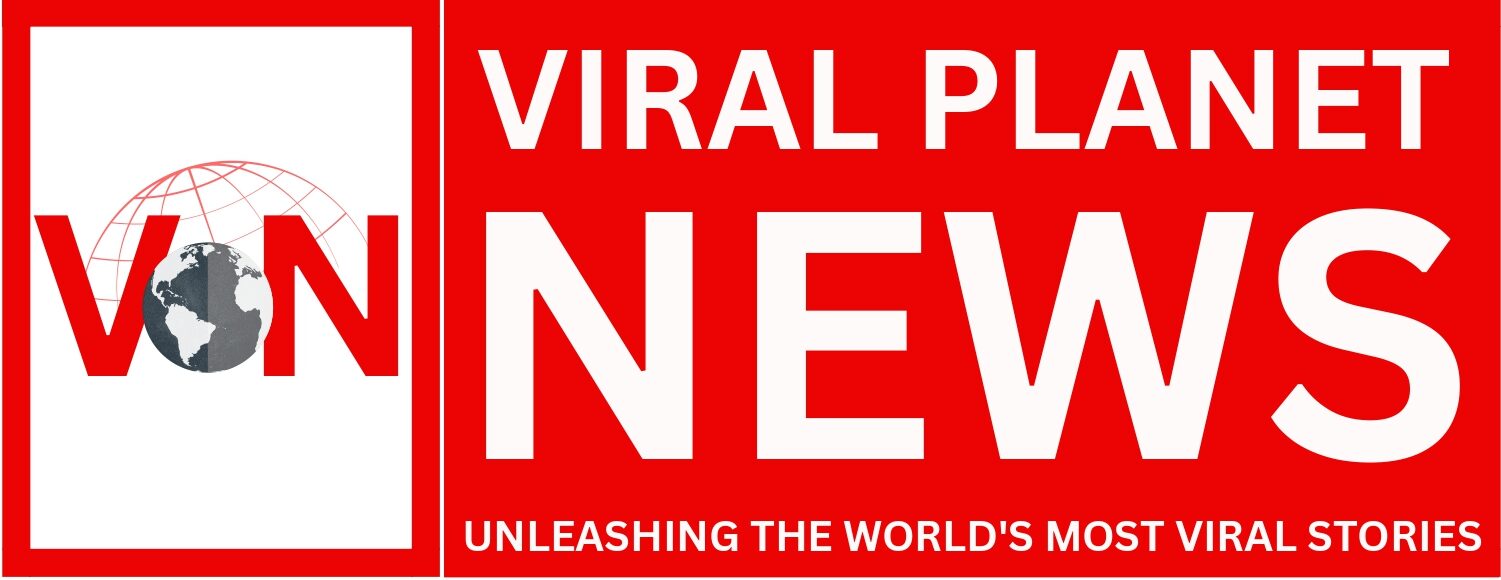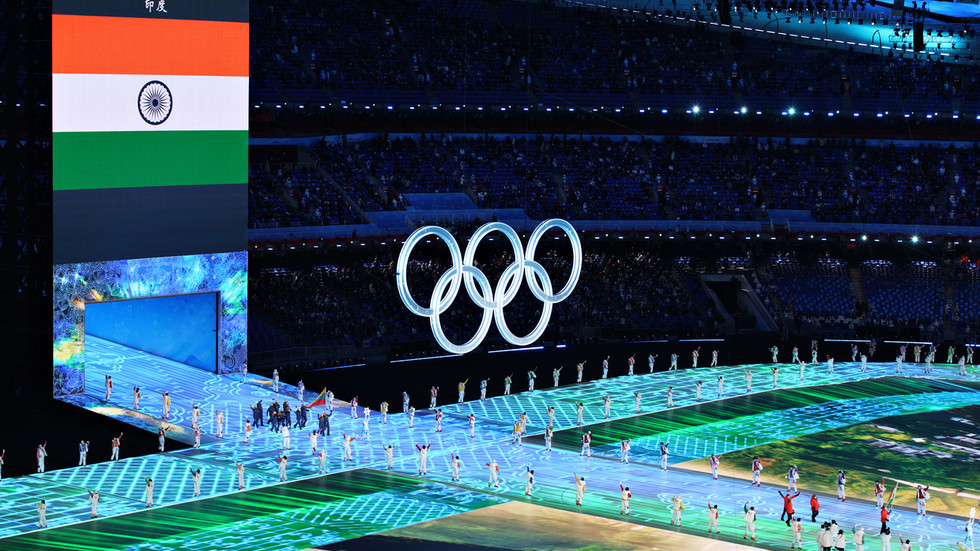By – Shubhendra Singh Rajawat
New Delhi – June 17, 2025
In a comprehensive interview with PTI, Union Minister of State for Sports Raksha Khadse firmly defended India’s bid to host the 2036 Olympic Games, asserting that the initiative goes beyond international signaling and is instead a long-term vision to strengthen India’s infrastructure, economy, and societal growth.
Khadse, a three-time Lok Sabha MP from Maharashtra’s Raver constituency and the youngest woman to hold the position of Minister of State for Sports, dismissed criticism that India should first focus on becoming a sporting superpower before hosting expensive global events like the Olympics.
“Preparing to host events such as the 2036 Olympics or the 2030 Commonwealth Games means building world-class infrastructure, driving economic investment, and creating a robust system that directly benefits athletes,” said Khadse during the interaction at her office.
Olympics Bid: More Than Just a Prestige Project
Addressing concerns over the costs associated with such mega-events, Khadse clarified that India’s Olympics bid is not merely about international recognition but about utilizing sports as a transformative tool for national development.
“Sport is a powerful tool to combat societal issues like depression and substance abuse. Hosting global competitions like the Olympics becomes a source of inspiration and social motivation,” she added.
India’s bid is expected to gain momentum next month when a high-level delegation comprising officials from the Ministry of Youth Affairs and Sports and the Indian Olympic Association (IOA) travels to Lausanne for discussions with the International Olympic Committee (IOC). This comes after India submitted its formal ‘Letter of Intent’ last year.
“There is no denying that hosting the Olympics sends out a powerful message. It signifies that you are a developed and capable nation. But more importantly, it gives the youth an opportunity to lead as nation-builders,” she emphasized.
Sports Development and Hosting are Interlinked
Khadse rejected the notion that India should separate hosting ambitions from domestic sports development.
“These goals are not contradictory. We are ensuring that every rupee spent contributes to long-term benefits for the nation,” she said.
Highlighting the rising costs of hosting the Olympics, Khadse noted that the Paris 2024 Olympics cost more than USD 9 billion, and the 2028 Los Angeles Games are projected to exceed USD 7 billion. Historically, actual costs have often exceeded initial estimates, making planning and investment even more critical.

Need for Unity in Indian Sports Administration
Khadse also acknowledged the internal challenges that often arise due to friction among National Sports Federations (NSFs), which has led to court cases that adversely affect athletes.
“There should be no politics in this. The focus should be entirely on the athletes. While federations must remain autonomous, there must also be greater synergy between the NSFs and the ministry,” she stressed.
“We cannot afford to have the ministry, NSFs, and IOA pulling in different directions. Our aim is unified: to successfully host the 2036 Olympics and uplift Indian sports.”
Differences over autonomy have previously surfaced between the Ministry and the Indian Olympic Association. Khadse confirmed that Union Sports Minister Mansukh Mandaviya has already held discussions with various NSFs to understand their challenges and is working on reducing litigation to ensure smooth governance.
Anti-Doping Reforms on Priority
Khadse also spoke on the issue of doping, which continues to plague Indian sports at various levels.
“We plan to implement mandatory anti-doping education for athletes, coaches, and parents. Additionally, we will conduct more rigorous testing at the state and junior levels,” she stated.
The Minister advocated for stringent laws against individuals who enable or encourage doping among minors.
“Those who provide or facilitate drugs and doping substances to underage athletes should be punished under strict laws,” she asserted.
A Call for Collective Action
In closing, Raksha Khadse called for unity and long-term vision among all stakeholders, emphasizing that India’s Olympic dream is a strategic move towards a stronger, more empowered sporting ecosystem.
“The goal of hosting the Olympics is not just about sports. It is about shaping the future of India – through youth, infrastructure, health, and global presence,” she concluded.

